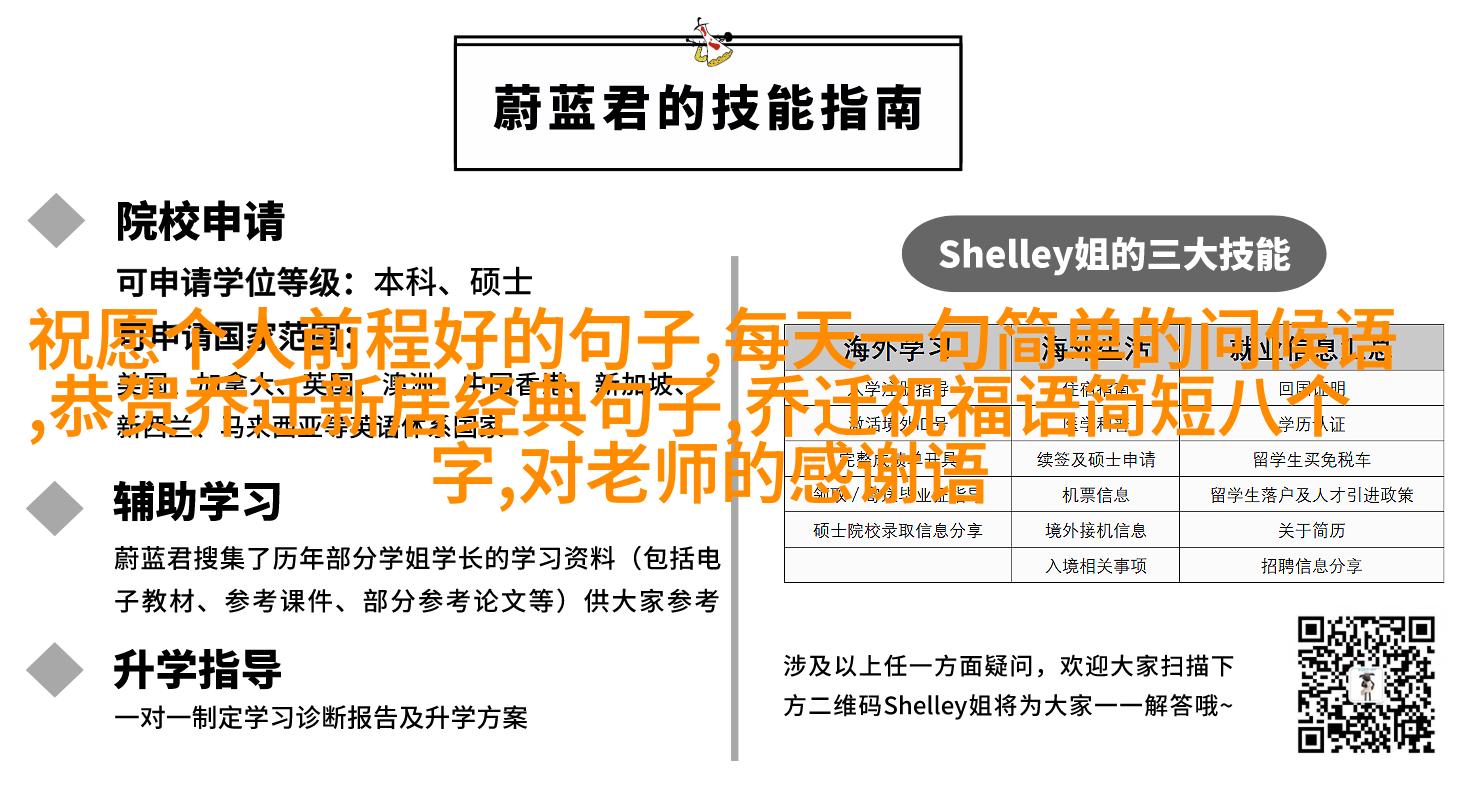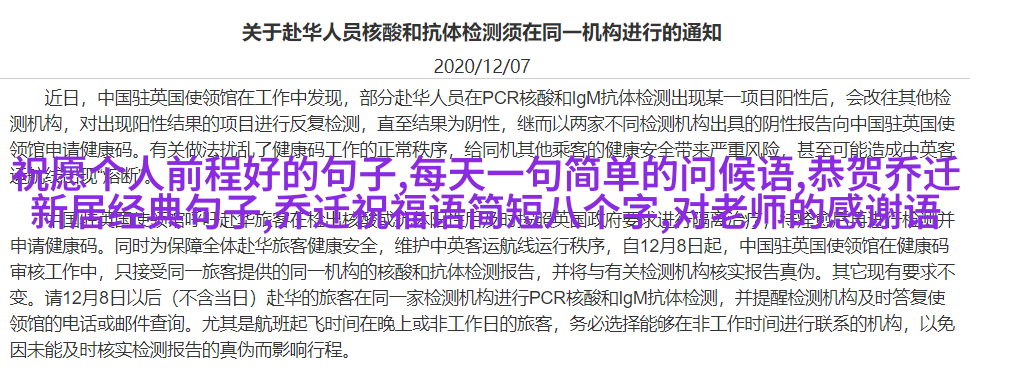探究传统习俗背后:鬼节洗头的文化意义与精神内涵

在中国古代,特别是在农耕社会中,人们对自然和死者的态度十分复杂。为了纪念亡灵并保佑家园丰收,一系列的祭祀活动被不断地演变而成。在这些仪式中,有一个特殊的习俗——“鬼节去墓地之前洗头”,它不仅体现了当时社会对于生命与死亡理解,也反映了人们对超自然力量的一种敬畏之情。
1. 文化背景与历史渊源

鬼节,又称为重阳节,是中国传统节日之一,它通常在每年的十月初五进行。这一天在民间信仰中具有重要意义,被认为是阴阳交汇、人间通往冥界的大门开启之日。人们相信这一天可以让生者与逝者沟通,甚至能够请来祖先或亲友前来共享喜庆。
2. 洗头仪式的起源

关于洗头这一行为,其起源可以追溯到远古时期。当时的人们相信身体上的污垢会影响人的命运,因此,他们会通过沐浴等方式清洁身心。随着时间的推移,这个习惯被融入到了各种宗教和民间信仰中,并逐渐成为了一种普遍接受的手段,用以净化个人和家庭,以求得平安和吉祥。
3. 鬼节去墓地之前洗头的实践意义

在具体到重阳这类祭祀活动中,洗头更是一种预示性的仪式。在这个过程中,无论是男女老少,都要将自己从头发梳至脚尖都彻底清洁干净。这不仅仅是一种外观上的整洁,更是一个心理状态上的净化。一方面,它象征着对生活中的污秽物质进行抛弃;另一方面,它也表达了希望通过这种形式去告别过去,不断向未来发展迈进。
4. 超自然力量与道德规范

washing head before visiting the tomb on Ghost Festival, also reflects the people's reverence for supernatural forces and their moral standards in ancient China. The act of washing one's hair is a symbolic representation of cleansing oneself from evil spirits and negative energies that may have accumulated over time.
The practice of visiting tombs during this festival was believed to be an opportunity for the living to pay respects to their ancestors and seek blessings from them. By doing so, individuals demonstrated their respect for tradition, family values, and the belief in an afterlife.
Moreover, such practices were often accompanied by offerings of food and incense at the gravesites or ancestral altars within homes. These acts served as tangible expressions of filial piety and reinforced social norms regarding proper conduct towards deceased relatives.
5. 宗教因素及其转变
As Chinese society evolved over time, religious beliefs also underwent changes with influences from Buddhism and Taoism becoming more prominent in popular culture . However, despite these shifts in religious affiliations or philosophies held by different generations or regions , many traditional customs remained intact due to their deep-rooted cultural significance .
In essence , even though some rituals might lose direct connections with original meanings due to changing circumstances , they continue serving as symbols connecting past experiences with present-day practices - a testament to human resilience against societal transformation.
In conclusion , washing one's hair before visiting tombs on Ghost Festival is more than just a physical hygiene practice; it represents both individual psychological purification and collective cultural preservation . This custom encapsulates various layers of meaning related to superstition beliefs about death ; spiritual attachment between life & death ; ethical guidelines governing interpersonal relationships ; as well as adapting responses toward shifting socio-religious contexts throughout history .
Through examining this seemingly simple yet richly layered ritual , we gain insight into how our ancestors navigated complex realities while forging lasting traditions that continue influencing our lives today .


